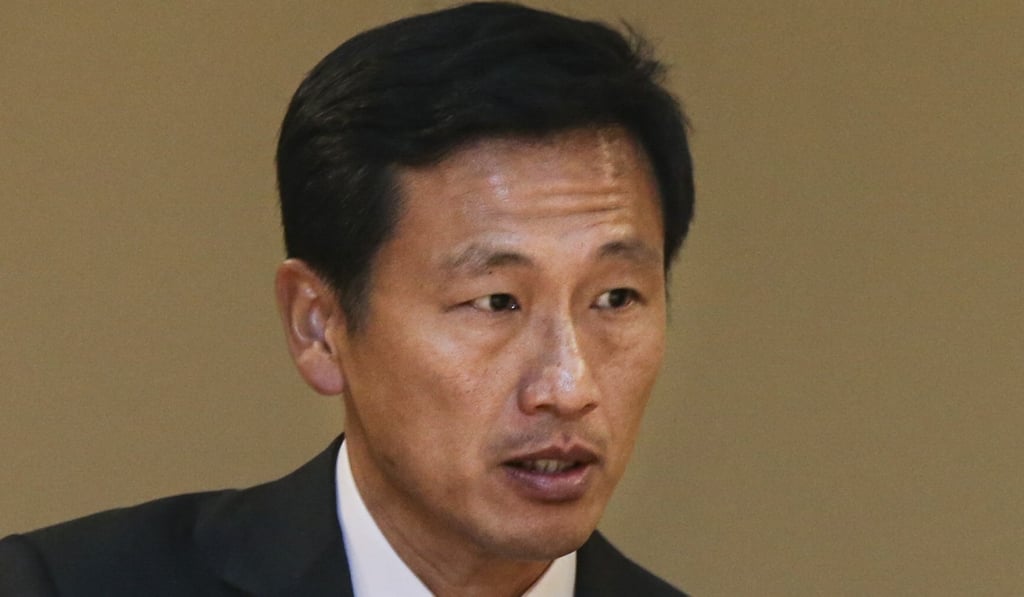What took Singapore so long to scrap streaming in secondary schools?
- One of the world’s best education systems has just slaughtered a sacred cow to staunch the growing class divide.
- In doing so, it hopes to end the stigma of being ‘normal’

Singapore announced on Tuesday that it would end a 40-year-old system of streaming secondary students into three broad categories.
Instead of sending 12-year-olds to the Express, Normal (Academic) and Normal (Technical) streams based on their results in the national Primary School Leaving Examinations, secondary students will choose a mix of subjects at three levels of difficulty, depending on their ability.
The switch to Subject-based Banding (SBB) will take place in 2024, which means that those who are eight years old now will be the first batch in the new system where all students will complete secondary school in four years, instead of some now taking five years.
Singapore has a widely acknowledged world-class education system, with schools that boast top facilities, high-quality teachers and a rigorous curriculum. Its students regularly emerge top in the Programme for International Student Assessment (PISA), a triennial international survey to evaluate education systems worldwide by testing 15-year-olds.
So why scrap a system that has worked so well, for so long? The change has been described as nothing less than slaughtering a sacred cow.
One reason is that this is part of a relentless drive by the Singapore government to constantly tweak the education system to prepare children for the future. Leaders of the tiny, resource-scarce city state emphasise regularly that people are its only resource.
